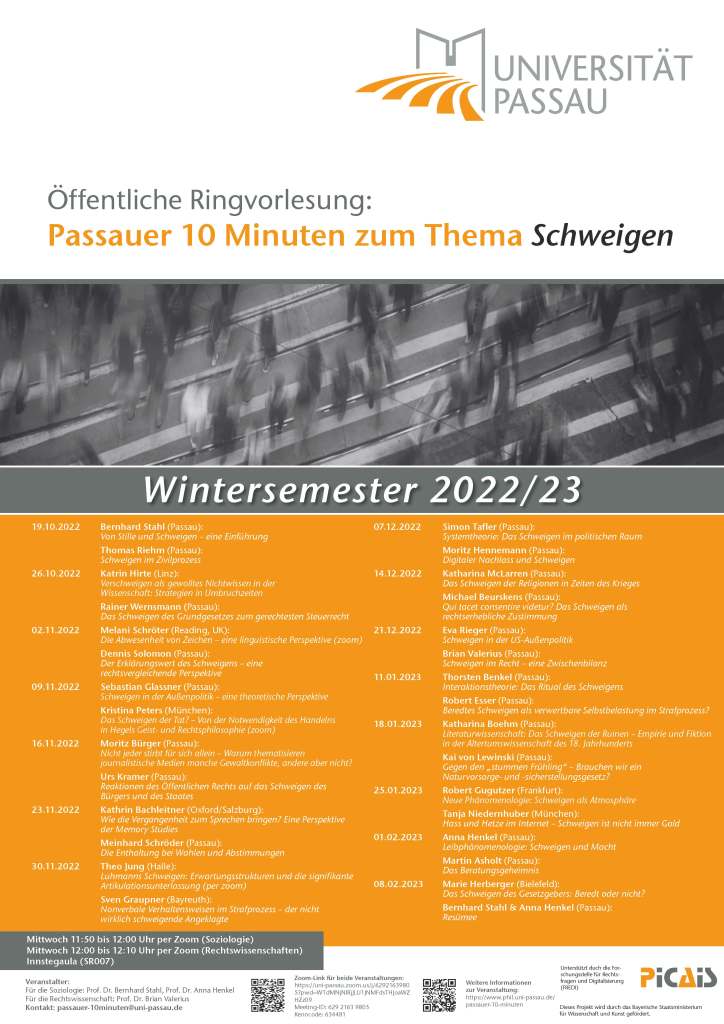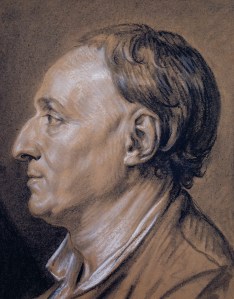On Friday, 21 October, I will be part of the workshop “Ruling the Assembly. Procedural Fairness, Popular Emotion, and the Access to Democracy, 19th-20th Century”, held in the Royal Netherlands Academy of Arts and Sciences in Amsterdam.
The organizers, Anne Heyer (Leiden), Anne Patterson (Nijmegen), and Henk te Velde (Leiden), seek to explore how politicians and citizens in the 19th and 20th century tried to resolve the tension between reasonableness and accessibility of political debate, both in and outside Western European parliaments. Political practices are central to this analysis. What did political newcomers have to do in order to be listened to? What meaning did parliamentary rules have for citizens participating in public political discussions? And above all, how did they develop norms and practices for the conduct of democratic politics? To answer these questions, they develop a political-cultural approach in which the rules of political debate are not self-evident, but rather the subject of an ongoing political struggle about the democratisation of the political system.
Programme
9.30-10.00: Registration
10.00-10.30: Introduction: Two Traditions of Deliberation? Henk te Velde, Leiden University
10.30-11.15: Keynote | Public Politics and Public Spheres in the Making of Democracy, Jon Lawrence, University of Exeter
11.15-11.30: Coffee break
11.30-12.15: The Art of Making Oneself Heard: Political Audibility in and beyond Europe’s Second Chambers in the Late Nineteenth Century, Josephine Hoegaerts, University of Helsinki. Discussant: Maartje Janse, Leiden University
12.15-13.30: Lunch
13.30-14.15: In All Seriousness: Laughter in Bismarck’s Reichstag, Theo Jung, Freiburg University. Discussant: Ido de Haan, Utrecht University
14.15-15.00: Gatherings of Laughter: Public Meetings in the Early Stages of Democratization, Belgium, 1872-1893, Martin Schoups, Ghent University. Discussant: Adriejan van Veen, Radboud University
15:00-15.30: Coffee break
15.30-16.15: Ruling the Rally in the Name of Democracy: Political Parties and ‘Popular’ Voices in West Germany’s Electoral Communication, 1940s to 1960s, Claudia Gatzka, Freiburg University. Discussant: Carla Hoetink, Radboud University
16.15-16.45: Learning from the Outside: Parliament’s Response to Popular Meetings in Germany and The Netherlands, 1870-1914, Anne Heyer, Leiden University & Anne Petterson, Radboud University
16.45-17.00: Conclusion
17.00-18.00: Drinks
Attendance is free. More information on registration can be found here.





